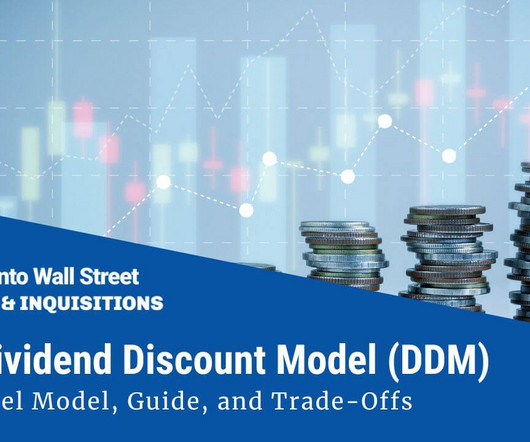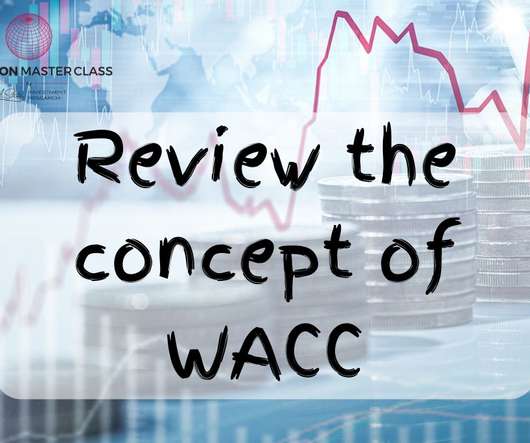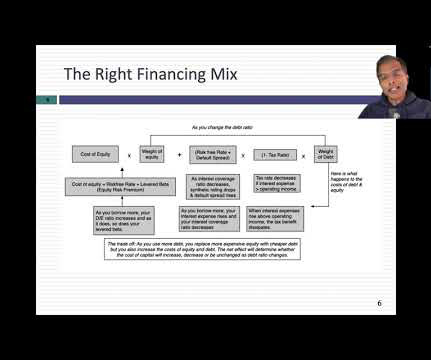Discount Rate—Explanation, Definition and Examples
Valutico
FEBRUARY 27, 2024
For central banks like the Federal Reserve, it helps control the economy. They set this rate to affect how much money moves through banks and influences short-term interest rates. The discount rate effectively encapsulates the risk associated with an investment; riskier investments attract a higher discount rate.













Let's personalize your content